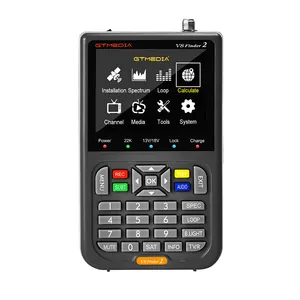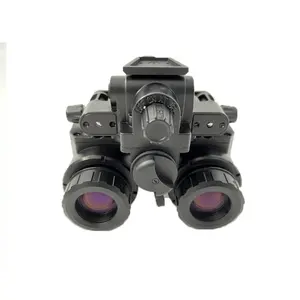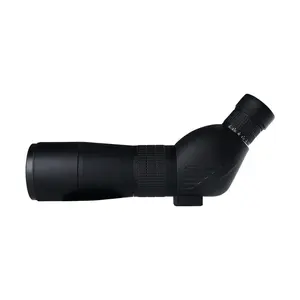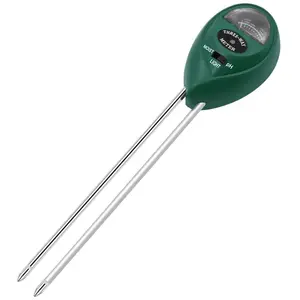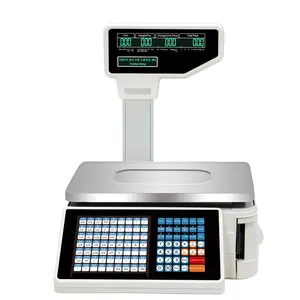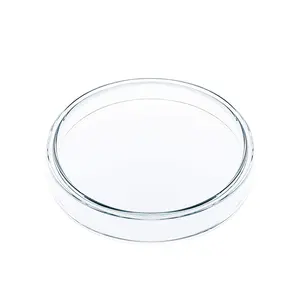Popular in your industry
































































About concentration meters
What are Concentration Meters
Concentration meters are analytical devices used to measure the concentration of a particular substance within a mixture or solution. They are an essential tool in various industries ranging from environmental monitoring and food production to pharmaceuticals and chemical manufacturing. These instruments help ensure product quality, safety, and compliance with industry standards by offering precise measurements of concentration levels for different substances.
The fundamental principle behind concentration meters is the use of specific techniques to detect and quantify the presence and amount of a target substance in a sample. Depending on the method employed, these devices can measure concentrations by assessing changes in mass, volume, optical properties, or electrical characteristics that correlate with the concentration of the analyte. For instance, some meters use spectrophotometry, which involves measuring the amount of light absorbed by the sample at certain wavelengths. Others might employ titration methods where a reaction occurs between the analyte and a reagent until a certain endpoint is reached.
Concentration meters are valuable to professionals who require accurate assessments of substance levels for process control, quality assurance, or regulatory compliance. With technological advancements, many meters now combine high precision with user-friendly interfaces, making them accessible not only to scientists and technicians but also to personnel with minimal specialized training.
Types of Concentration Meters
The diversity of concentration meters available reflects the wide array of applications and substances they are designed to measure. Here are some common types:
Refractometers: These instruments determine the concentration of a solute by measuring the refractive index of a solution. Commonly used in food and beverage industries, refractometers can assess sugar content in grape must for winemaking or check the salinity in aquariums.
Turbidity Meters: Utilized primarily for water and wastewater treatment processes, these devices measure the turbidity or cloudiness of a fluid which can indicate the concentration of suspended particles.
Gas Analyzers: Designed to detect and quantify gases in an environment or process stream, gas analyzers are crucial in monitoring air quality and industrial processes that involve gas production or usage.
Ion-specific Meters: These are selective to particular ions such as sodium, potassium, or chloride and are used extensively in medical laboratories and environmental testing.
pH Meters: While commonly recognized for measuring acidity or alkalinity levels, pH meters can also determine ion concentrations when equipped with specific ion-selective electrodes.
How to choose Concentration Meters
Selecting the right concentration meter for your business involves understanding the specific requirements of your application as well as the properties of the substances you wish to measure. Consider the following factors when choosing an appropriate concentration meter:
Measurement Range: Ensure that the meter can accurately measure within the concentration range relevant to your application.
Sensitivity and Accuracy: The sensitivity and accuracy required will depend on how critical these factors are to your process or product quality.
Calibration and Maintenance: Some meters may require frequent calibration or maintenance. Consider how this might impact your workflow.
Compatibility: The meter should be compatible with the sample matrix (e.g., liquid, gas) you will be measuring.
Ease of Use: Depending on who will be operating the meter, you may want one that has intuitive controls and clear displays.
Environmental Conditions: The operating environment is also crucial; some meters might need protection from dust, moisture, or hazardous conditions.
By carefully evaluating these criteria against your business needs, you can find a suitable concentration meter that ensures reliable measurements while optimizing your operational efficiency.
Best Concentration Meters on Alibaba.com
For businesses around the globe looking to procure reliable concentration meters, Alibaba.com stands out as a leading wholesale marketplace. It provides an extensive selection of concentration meters suitable for various industries including environmental monitoring, food processing, healthcare, and many more. With suppliers from different regions offering an array of instruments equipped with modern features such as digital displays, automatic temperature compensation, and data logging capabilities - businesses can find tools tailored to their specific measurement needs.
By leveraging Alibaba.com's platform features such as user-generated content filters and detailed supplier profiles, buyers can make informed decisions about their purchases. Whether it's for testing fruit concentrations or monitoring gas levels in industrial environments, companies can source high-quality instruments from verified suppliers. Moreover, with services like Trade Assurance, buyers have peace of mind knowing their transactions are secure until delivery is complete. Alibaba.com's commitment to facilitating easy access to a vast range of products makes it an indispensable resource for businesses seeking specialized equipment like concentration meters.
Common FAQs for Concentration Meters
What are the primary industries that use concentration meters?
Concentration meters are extensively used in industries such as water treatment, pharmaceuticals, food and beverage production, environmental monitoring, and chemical manufacturing for quality control and regulatory compliance.
How do refractometers measure concentration?
Refractometers measure the concentration of a solute by determining the refractive index of a solution, which changes as the solute concentration varies. This is commonly used to assess sugar content in food and beverage industries.
Can concentration meters be used for both liquid and gas samples?
Yes, there are specific types of concentration meters designed for different states of matter. For liquid samples, refractometers and pH meters are common, while gas analyzers are used for gaseous samples.
What factors should be considered when choosing a concentration meter for my business?
When selecting a concentration meter, consider measurement range, sensitivity and accuracy requirements, calibration needs, compatibility with your sample matrix, the ease of use for operators, and the environmental conditions in which the instrument will operate.
Are portable concentration meters available for field measurements?
Yes, many suppliers offer portable concentration meters that are ideal for field measurements. These devices typically feature battery operation and rugged designs suitable for use outside of a laboratory setting.
How often do concentration meters need to be calibrated?
The frequency of calibration varies by meter type and usage but is generally recommended according to the manufacturer's instructions to ensure continued accuracy. Some meters also offer automatic calibration features.
Do ion-specific meters measure multiple ions at once or just one?
Ion-specific meters are usually designed to measure one specific ion selectively; however, there are multi-parameter instruments available that can measure several ions simultaneously with different selective electrodes.
What is the importance of Trade Assurance when purchasing concentration meters on Alibaba.com?
Trade Assurance is a service offered by Alibaba.com that protects buyers by ensuring that payments are only released to suppliers after the buyer confirms satisfactory receipt of their order. This adds a layer of security to transactions on the platform.
Can I find concentration meters that integrate with automated systems?
Yes, many modern concentration meters offer outputs like 4-20mA or RS485 for integration with automated control systems or data logging equipment.
Are there any types of samples that cannot be measured by standard concentration meters?
Standard concentration meters may not be suitable for samples that are highly corrosive, contain high levels of particulates or have properties that interfere with the measurement technology. In such cases, specialized meters designed to handle these conditions may be necessary.
